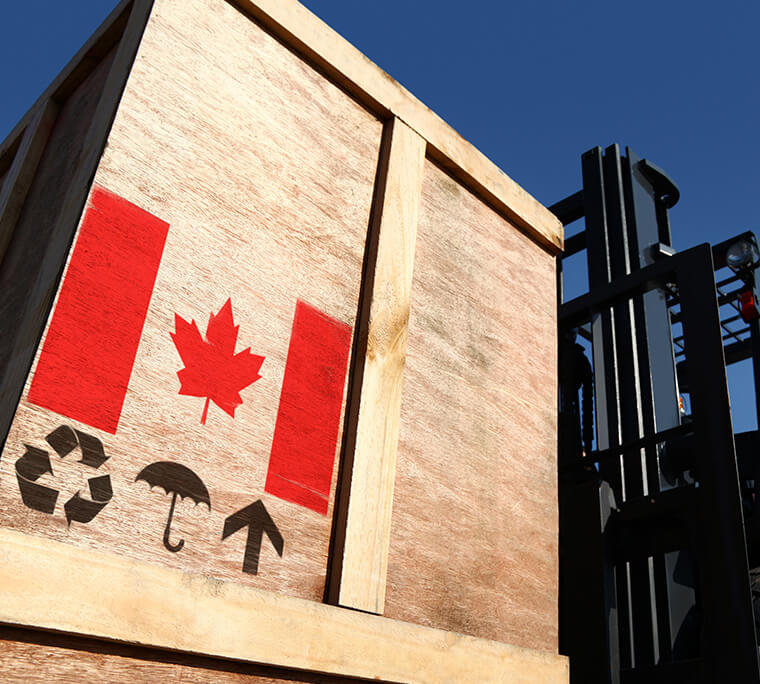- Canada’s merchandise exports declined by 2.9 per cent (month-on-month) in July, while imports dropped by 1.7 per cent. As a result, Canada’s merchandise trade surplus with the world narrowed from $2.4 billion in July to $1.5 billion in August, the lowest monthly trade surplus observed in 2022.
- Total exports declined (-2.9 per cent) to $65.4 billion. Exports of energy products fell 6.0 per cent in August to $18.4 billion, the second monthly decrease of the year and one that reflected 28.2 per cent of total exports. Exports of consumer goods (-3.7 per cent) also contributed to the decline in August.
- Total imports decreased by 1.7 per cent to $63.9 billion, a second consecutive monthly decline. This is the first successive decline since September 2021. Following a 12.3 per cent increase in July, imports of motor vehicles and parts fell 7.1 per cent in August, unusual for this time of the year.
- Exports to the United States fell 2.5 per cent. This decline was partly due to lower crude oil exports. Meanwhile, imports from the United States were down 3.3 per cent, underpinned by lower imports of motor vehicles and parts. Canada’s trade surplus with the United States remained largely unchanged at $10.7 billion in August.
Key Insights
According to the Global Supply Chain Pressure Index (GSCPI), pressures in the supply chain decreased in August. This compounds the easing observed over the past four months showing positive results for the future of trade as we approach the holiday season. Furthermore, shipping rates fell an average of 29 per cent in September as global demand slowed. The current rate is 61 per cent lower than a year ago but remains 170 per cent higher than the pre-pandemic norm. This shows that inflation pressures are easing throughout the system and should further ease as we start off the final quarter of the year.
OPEC+ is set to reduce oil output by more than 1 million barrels a day. This is a larger than expected cut but reflects the slowing down of the global economy amidst tightening monetary policy. The drop in output would reflect the biggest fall since the onset of the pandemic, and the effect is twofold. Regarding Canada’s trade balance, this should help ease the decline witnessed in the previous months due to the drop in oil prices and could help tick Canada’s trade balance higher in the coming months. While on the other hand, this could likely generate another shock to the global economy, which is already combating energy-driven inflation.



Comments